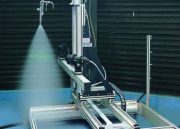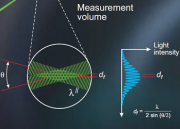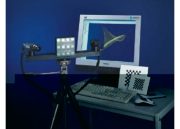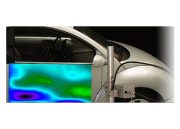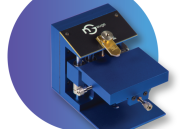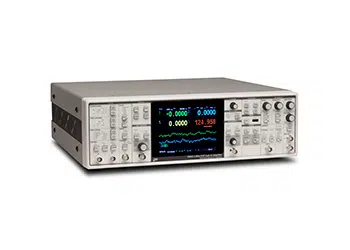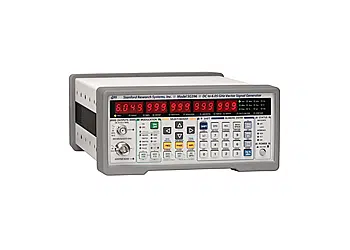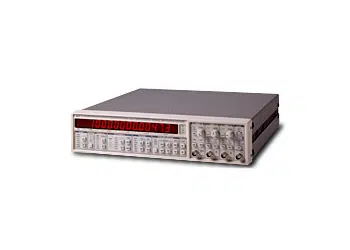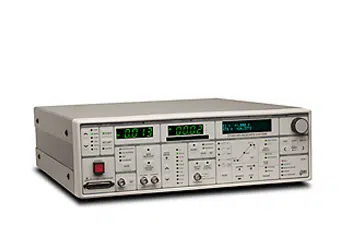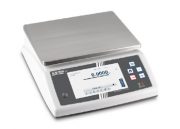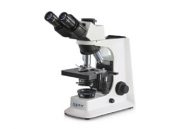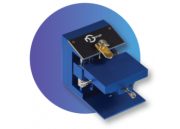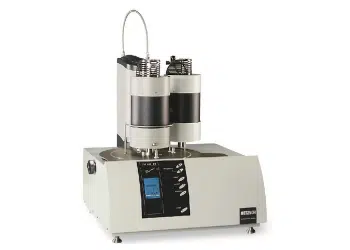DSC 404 F3 Pegasus®
DSC 404 F3 Pegasus®
The DSC 404 F3 Pegasus®, High-Temperature Differential Scanning Calorimeter, is part of the economical NETZSCH F3-product line, which is specially tailored to the requirements of comparative material characterization and quality control.
Functional principle:
A DSC measuring cell consists of a furnace and an integrated sensor with designated positions for the sample and reference pans. The sensor areas are connected to thermocouples or may even be part of the thermocouple. This allows for recording both the temperature difference between the sample and reference side (DSC signal) and the absolute temperature of the sample or reference side.
DIN 51007 and ISO 11357-1 recommend the portrayal of endothermic processes with upward ordinate amplitude. In, for example, ASTM E793 and E794, downward application of the endothermic direction is suggested. This is why the NETZSCH Proteus® software allows for the direction of application for endothermic and exothermic processes to be selected.
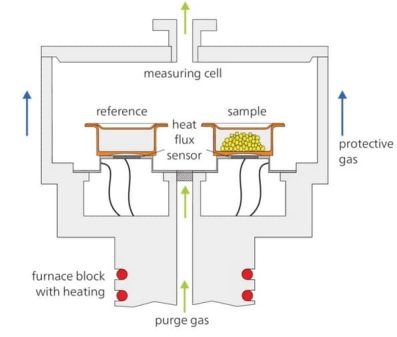
DSC 404 F3 Pegasus® supports with:
- Quantitative enthalpy and cp determinations (optional) in high-purity gas atmospheres
- Vacuum-tight down to 10-4 mbar, e.g. for the production of ultra-pure inert gas atmospheres for oxidation-sensitive materials
- Characterization of alloys
Advantages of the DSC 404 F3 Pegasus®:
- Interchangeable furnace types are available
- Maximum temperature range from -150 to 2000 °C
- Maximum heating rate of up to 50 K/min
- ASC of up to 20 samples and reference crucibles (optional)
- Gas atmospheres: inert, oxidizing, reducing, vacuum
- Coupling options with FTIR, MS, FTIR-MS, GC-MS or GC-MS-FTIR
- Proteus® software (including device license)
For further information, please refer to the technical data sheet or the brochure.
Sie sehen gerade einen Platzhalterinhalt von Google Maps. Um auf den eigentlichen Inhalt zuzugreifen, klicken Sie auf die Schaltfläche unten. Bitte beachten Sie, dass dabei Daten an Drittanbieter weitergegeben werden.
Mehr Informationen


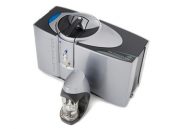

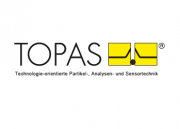
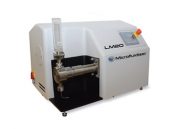
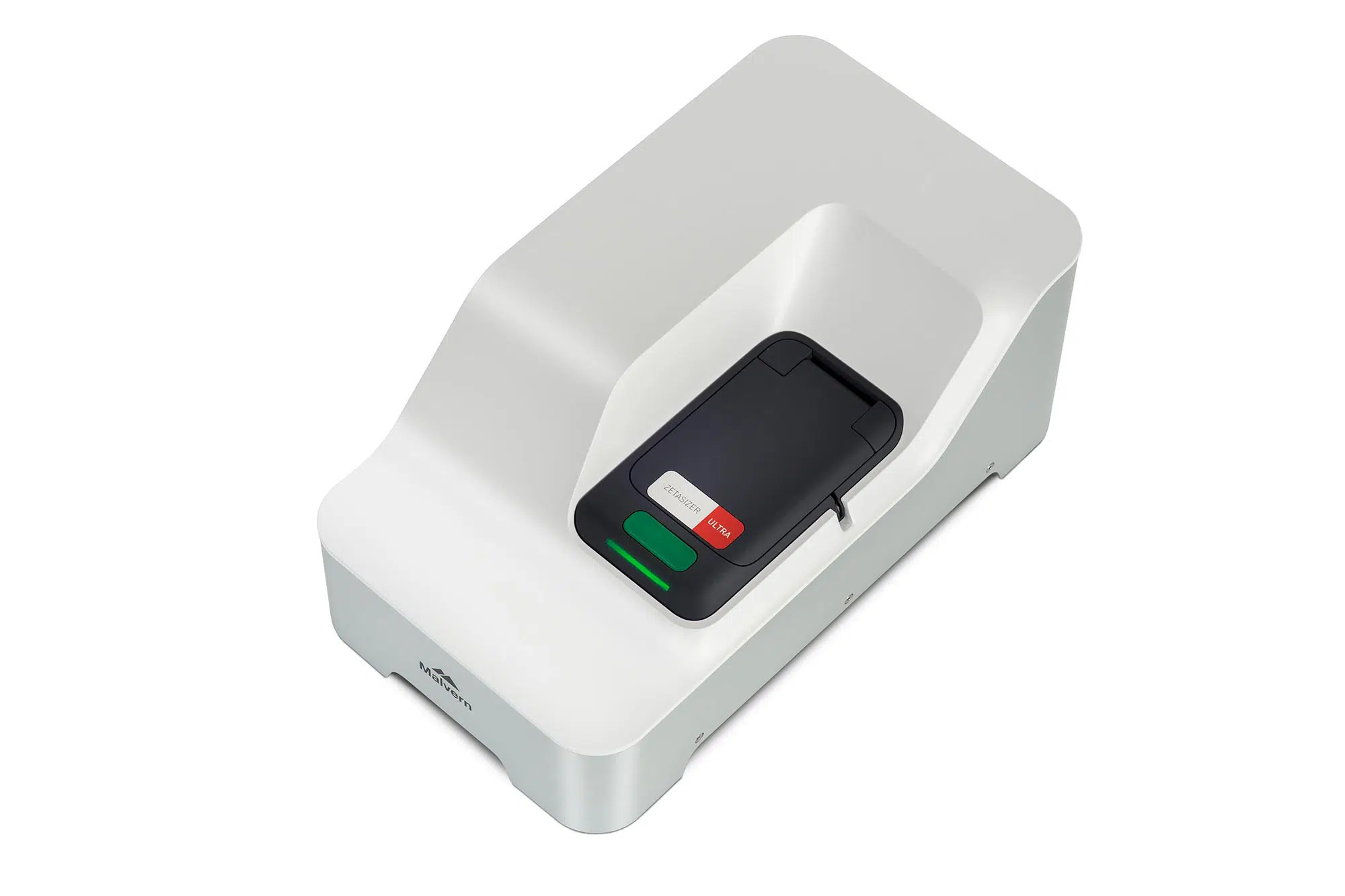
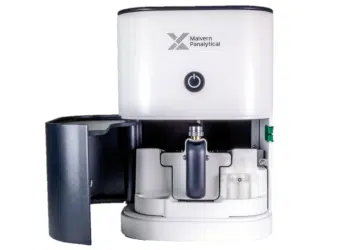



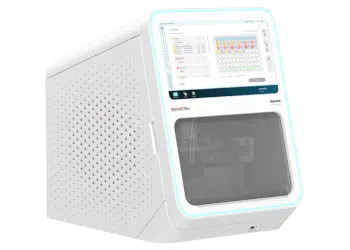
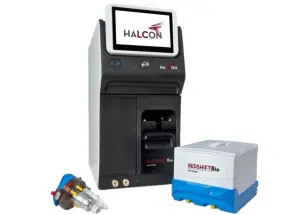
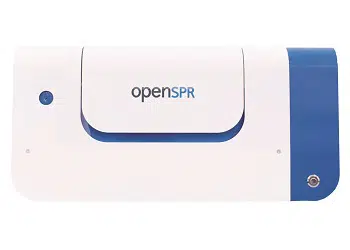
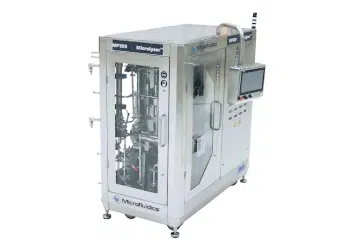
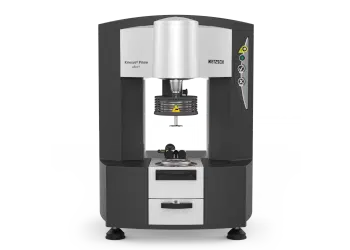
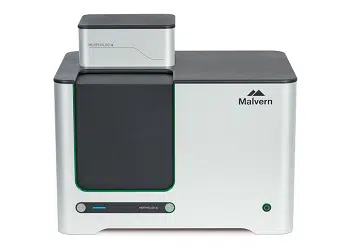
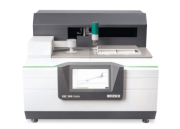






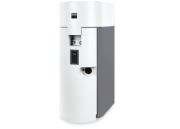


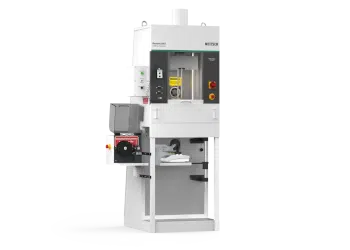
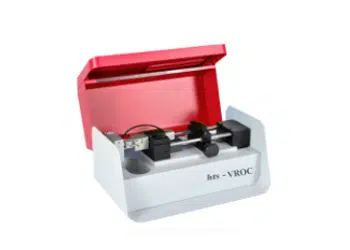


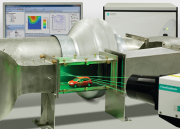
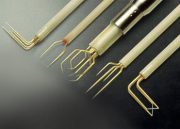
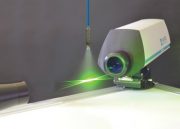
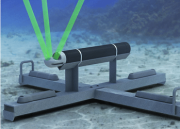
![[:de]kategorie_stroemung_staudruck[:en]kategorie_stroemung_staudruck2[:] [:de]kategorie_stroemung_staudruck[:en]kategorie_stroemung_staudruck2[:]](https://www.prager-elektronik.at/wp-content/uploads/2018/01/kategorie_stroemung_staudruck2-180x129.png)
